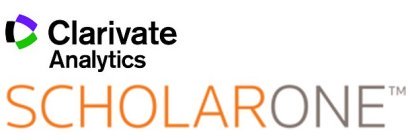Indian Medicinal Herbs’ Pharmacological Interventions in the Management of COVID-19
DOI:
https://doi.org/10.22377/ijpscr.v2i3.94Abstract
Severe acute respiratory syndrome coronavirus 2 (SARS-nCoV2) has spread rapidly day-by-day worldwide. Unfortunately, no medicine is available to treat human coronavirus infection. Vaccines, interferon treatments, and small-molecule medicines are potential possibilities for controlling or preventing developing 2019-nCoV infections. On the other hand, new intervention shares are likely to take months to years to emerge. Furthermore, the majority of currently available antiviral medications frequently result in the development of viral resistance, as well as adverse effects, viral re-emergence, and viral dormancy. The pharmaceutical industry is increasingly relying on phytochemical extracts, medicinal plants, and aromatic herbs to develop lead molecules, focusing on alternative antiviral medications. The discovery of these natural compounds’ antiviral actions has revealed how they disrupt the viral life cycle, including during viral entry, replication, assembly, and discharge, as well as virus-specific host targets. There are currently no effective or licensed medications to combat SARS-CoVs. However, numerous alternative treatments and cures have been offered. Given the SARS-CoV outbreak’s persistence, this review study will highlight many antiviral chemical elements isolated from medicinal and aromatic plants, natural goods, and herbal medications. This review demonstrates that numerous potentially beneficial aromatic herbs and phytochemicals, including coronaviruses, are awaiting assessment and exploitation for therapeutic use against genetically and functionally diverse viral families.
Downloads
Downloads
Published
How to Cite
Issue
Section
License
Copyright (c) 2023 B R Nahata Smriti Sansthan International Journal of Phramaceutical Sciences & Clinical Research

This work is licensed under a Creative Commons Attribution-NonCommercial 4.0 International License.
This is an Open Access article distributed under the terms of the Attribution-Noncommercial 4.0 International License [CC BY-NC 4.0], which requires that reusers give credit to the creator. It allows reusers to distribute, remix, adapt, and build upon the material in any medium or format, for noncommercial purposes only.







